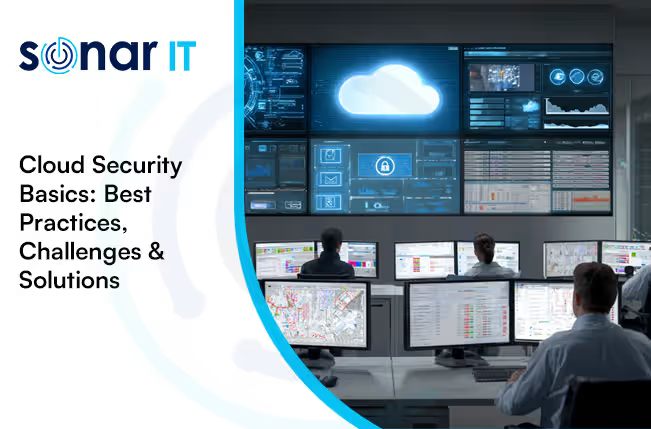The Future of Business IT Support: Trends You Need to Know in 2025
Top IT Support Trends UK Businesses Must Watch in 2025
In today's fast-evolving digital world, business IT support has become more than just fixing broken devices or resetting passwords. As we move further into 2025, the landscape is being reshaped by powerful forces like artificial intelligence (AI), cloud computing, and hybrid work technologies. To stay competitive and secure, companies must understand where IT support is headed and adapt accordingly.
AI-Powered IT Support
Artificial intelligence is redefining how businesses approach IT support. AI-driven tools like automated help desks, intelligent monitoring systems, and predictive analytics are becoming standard. These technologies can identify and resolve issues before they impact employees, reducing downtime and increasing productivity.
AI also allows IT support teams to focus on more strategic tasks. For instance, AI chatbots can handle common support queries 24/7, while machine learning algorithms help predict hardware failures and optimize performance. As a result, business IT support is becoming faster, smarter, and more cost-effective.
Cloud Computing as the Backbone of Modern IT
Cloud computing is no longer optional; it is the foundation of modern business IT support. With scalable infrastructure, real-time collaboration, and global access, cloud platforms like Microsoft Azure, AWS, and Google Cloud enable businesses to operate more flexibly.
The shift to the cloud also enhances cybersecurity. Centralized data management, advanced encryption, and integrated threat detection systems help protect sensitive business information. Cloud-based IT support allows for quicker updates, simplified backups, and seamless disaster recovery.
For businesses, this means reduced overhead, easier scalability, and enhanced operational resilience. IT support teams can now deploy, monitor, and manage systems remotely, increasing responsiveness and efficiency.

Supporting the Hybrid Work Era
The hybrid work model is here to stay, and business IT support must evolve to accommodate a dispersed workforce. Ensuring seamless connectivity, consistent performance, and strong cybersecurity across multiple locations is now a top priority.
Businesses need IT support solutions that include remote desktop access, secure VPNs, collaboration platforms like Microsoft Teams or Slack, and device management tools. Endpoint protection and identity verification are also crucial in maintaining cyber security standards.
Supporting hybrid work also involves training employees on best practices and ensuring they have access to reliable IT assistance, whether they’re in the office or working remotely.
Conclusion: Preparing for the Future
The future of business IT support lies in adaptability, automation, and advanced technologies. AI, cloud computing, and hybrid work strategies are not just trends—they are fundamental shifts shaping how businesses operate.
By investing in modern IT support solutions and focusing on robust cyber security measures, companies can boost productivity, protect their assets, and remain agile in an ever-changing digital world.
If your business is looking to stay ahead in 2025, embracing these changes in IT support is not just beneficial...it's essential.
.svg)
%2520(1).avif)





